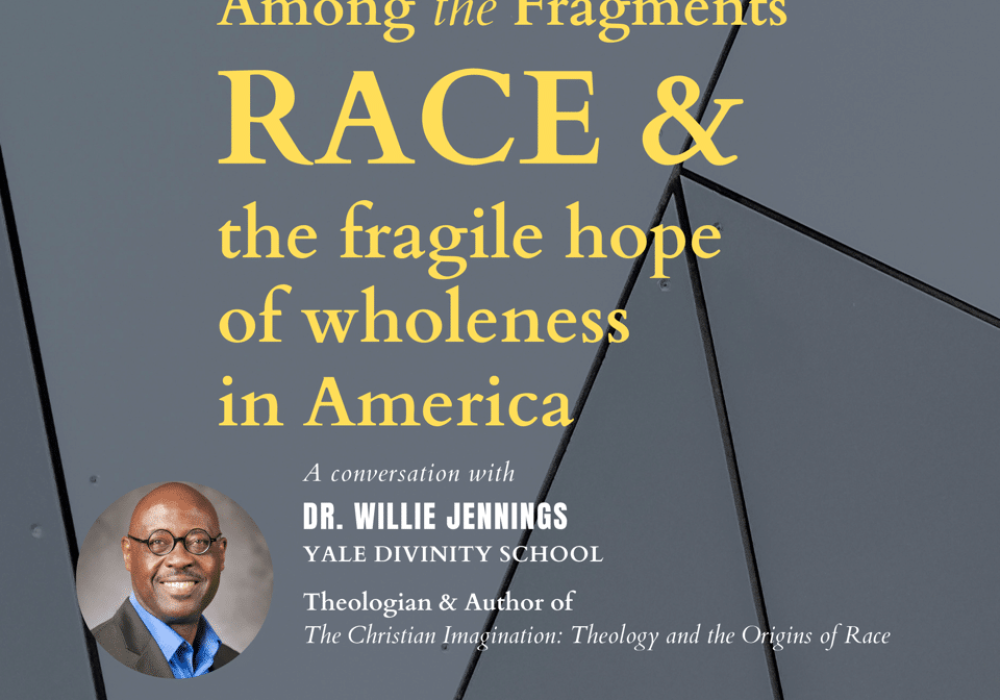Free and open to the public. This event will be held online through Zoom. This event is presented by the Veritas Forum at the University of Chicago and co-sponsored by the Lumen Christi Institute, the University Bible Fellowship, Christ Church Chicago, Living Hope Church, Vineyard Church Hyde Park, CRU, Poema, the Christian Legal Society, InterVarsity, UChicago Lutheran Campus Ministry, Calvert House, and Holy Trinity Church.
The legacy of race in America has left our society fragmented and fragile. But is there hope? Can Christianity provide a vision for joining these fragments together; a vision for human wholeness? Join Yale theologian Willie Jennings for an honest conversation during this interactive forum hosted by Veritas and the Christian community at UChicago.

